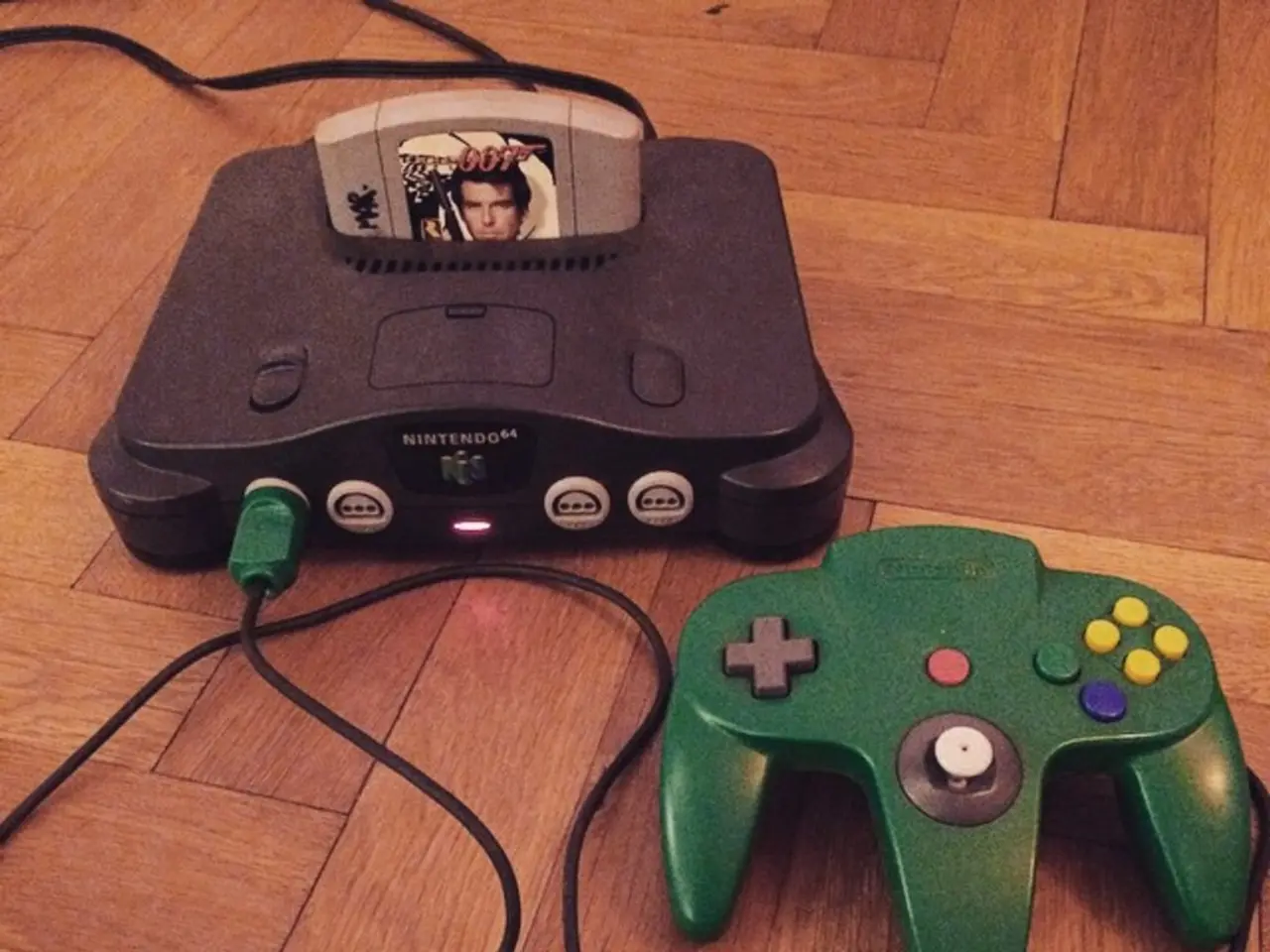Software Developer Employs Classic Apple Laptop Equipped with NetBSD Operating System for Game Creation
In the world of game development, a developer named Chris has found an unexpected ally in an old friend – NetBSD. For years, Chris has been developing a 2D puzzle game called Slantics, and his vintage hardware collection was starting to feel more like a hoard than a treasure trove. But with NetBSD, these machines have been given new life.
NetBSD, a lightweight and highly portable operating system, has proven to be an excellent choice for Chris's early-2000s PowerPC (PPC) laptops. Known for its portability across a wide range of hardware, NetBSD can efficiently run on older PPC hardware where other modern OSes may struggle or be unavailable.
One of the key advantages of using NetBSD is its modern, stable, and POSIX-compliant environment. This allows for effective game development workflows even on legacy machines, providing access to contemporary development tools and scripting languages.
PPC CPUs from the early 2000s have limited computing power and memory compared to today’s standards. NetBSD’s minimal footprint allows for more efficient use of these constrained resources, improving responsiveness during coding, compiling, and testing phases.
NetBSD also includes support for various modern networking protocols and developer tools out-of-the-box, facilitating collaboration, source control, and code deployment in game development. Its robust package management system, pkgsrc, offers access to a broad catalog of open-source software, making it easier to build and maintain development environments.
However, there are some limitations to consider. PPC architectures may suffer from lower code density and less efficient execution compared to x86_64 systems, potentially impacting compilation speed and runtime performance. Additionally, while NetBSD supports many packages, some modern game development tools and platforms may not be available or fully optimized for PPC/NetBSD, requiring workarounds or limiting tool choices.
The NetBSD community, while active, is smaller compared to Linux or Windows; finding PPC-specific help or specific game development assistance might be more challenging. Yet, the institutional obsession with running on anything and everything is evident in its performance on old PPC hardware.
Another option for PPC users is MorphOS, which still targets PPC. But for Chris, NetBSD has been the perfect choice, allowing him to develop Slantics on his early-2004 iBook G4 with ease.
So, if you're looking to revive your old PPC laptop and give it a new purpose in today's world, NetBSD might just be the answer. As the slogan goes, "Of course it runs NetBSD!" You can find Chris's game development project, Slantics, on his GitHub.
[1] Performance constraints and software compatibility should be closely evaluated based on specific project demands. [2] PPC support in Linux is fading after such a long time.
- Given Chris's experience with developing Slantics on his old iBook G4, it seems that Linux, with its dwindling PPC support, might not be the best choice for reviving old PPC hardware for game development, unlike NetBSD.
- In search of gadgets that can handle game development, modern smartphones or hardware may not offer the same capabilities as Chris's old iBook G4, which he transformed into a game development workstation with the help of NetBSD.




